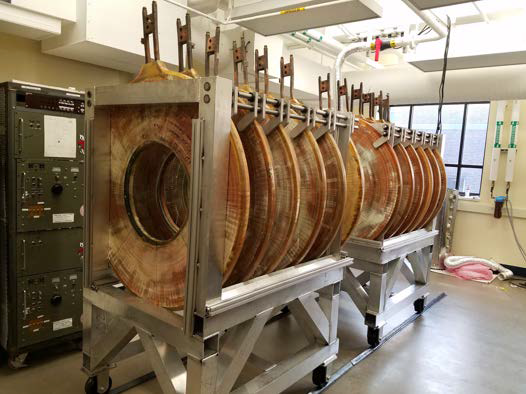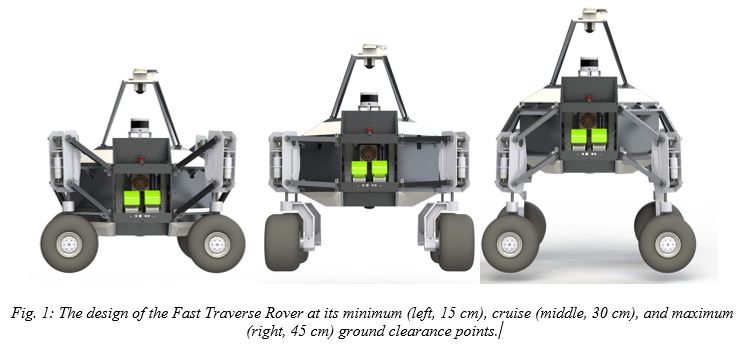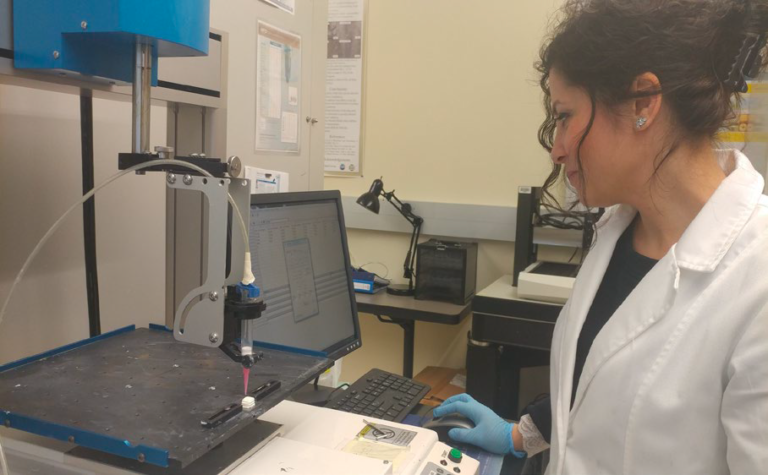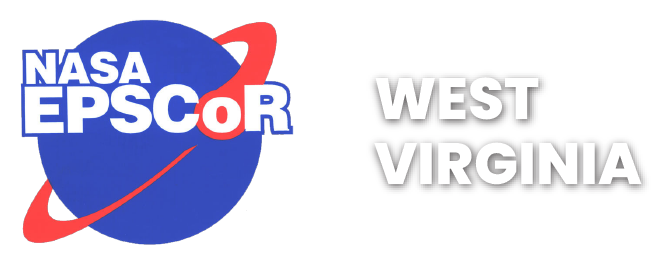RA (Research Award)
A major component of the NASA WV EPSCoR is competitively won cooperative agreements with NASA that are designed to strengthen and support activities that are beneficial to the research capabilities of the state as well as advancing NASA’s research priorities. These are three-year competitive grants for up to $750,000 of federal funds per winning project, supplemented with cost sharing from the researchers’ home institution. There is one submission per state, submitted by the NASA EPSCoR office.
Funding Opportunities
There are no current Opportunities available at this time. Please check back Fall 2024.
MAY 15: 12 to 6 pm ET, 2023 NSF Engineering CAREER Proposal Workshop ; 2 pm ET, NIH-funded Business Fundamentals for Core Facility Admins – Session 4: Financial Mgmt. Register
MAY 22-23: 2023 NSF Division of Chemistry Early Career Investigator Workshop, Alexandria, VA
MAY 26: NSF Nat’l Medal of Science nominations due
JUNE 7-9: Central Regional IDeA Conf, Kansas City, KS
June 12: 2 pm ET, NIH-funded Business Fundamentals for Core Facility Admins – Session 5: Value Assessment and Contributions to the Academic Mission. Register
Research projects that are currently underway in West Virginia.
From Large to Small Scales and Back: Integrating Observations, Modeling, and Laboratory Experiments for Heliophysics:
Led by Dr. Weichao Tu, West Virginia University (WVU), and her team, including Dr. Paul Cassack, and Dr. Earl Scime, the goal of the project is to understand the cause of solar activity (how it’s stored, transported, and released) and how Earth’s magnetic environment responds to those events. The project will create a strong environment for training and recruiting students in space plasma physics and will support the burgeoning space-related capabilities in West Virginia.

The Phase Space Measurement (PHASMA) lab at West Virginia University which is used for experiments managed by Dr. Tu and her team.

Fast Traversing Autonomous Rover for Mars Sample Collection:
Led by Dr. Yu Gu, WVU, and his team, including Dr. Jason Gross and Dr. Victor Fragoso, the overall technical objective of this project is to develop the technology needed for autonomous fast traverse on a Mars-analog terrain. The project is performed with a collaboration between WVU and the NASA Jet Propulsion Laboratory (JPL). During the project, a series of proof of concept rover demonstrations will be performed. The lessons learned through these experiments will support the Mars Sample Return (MSR) mission formulation studies currently being conducted by NASA. Through this effort, technologies, infrastructure, and expertise closely related to planetary rover missions will be developed at WVU. The project thus far has provided training to three undergraduates and twelve graduate students at WVU.
3D Printed Titanium Dioxide Foams under Extreme Environment Exposure at Low-Earth Orbit:
Dr. Kostas Sierros, WVU, is partnering with Dr. John Kuhlman, WVU and researchers at University of Rome Tor Vergata to conduct research and technology development aboard the International Space Station. This project has significantly helped to develop further capabilities for 3D printable metal oxide foams. To date, we have disseminated initial project results to the scientific community through four oral presentations in international, national, and local scientific symposia, one peer-reviewed journal publication, and one provisional patent application. It is worth noting that the Ph.D. student, Ms. Pecora, was the speaker of two for the oral presentations. She is featured in the image on the right.

West Virginia University Ph.D. candidate in Aerospace Engineering, Ms. Iole Pecora, in the 3D Printed Titanium Dioxide Foams under Extreme Environment Exposure at Low-Earth Orbit lab, preparing 3D printing of TiO2 foam ink.

